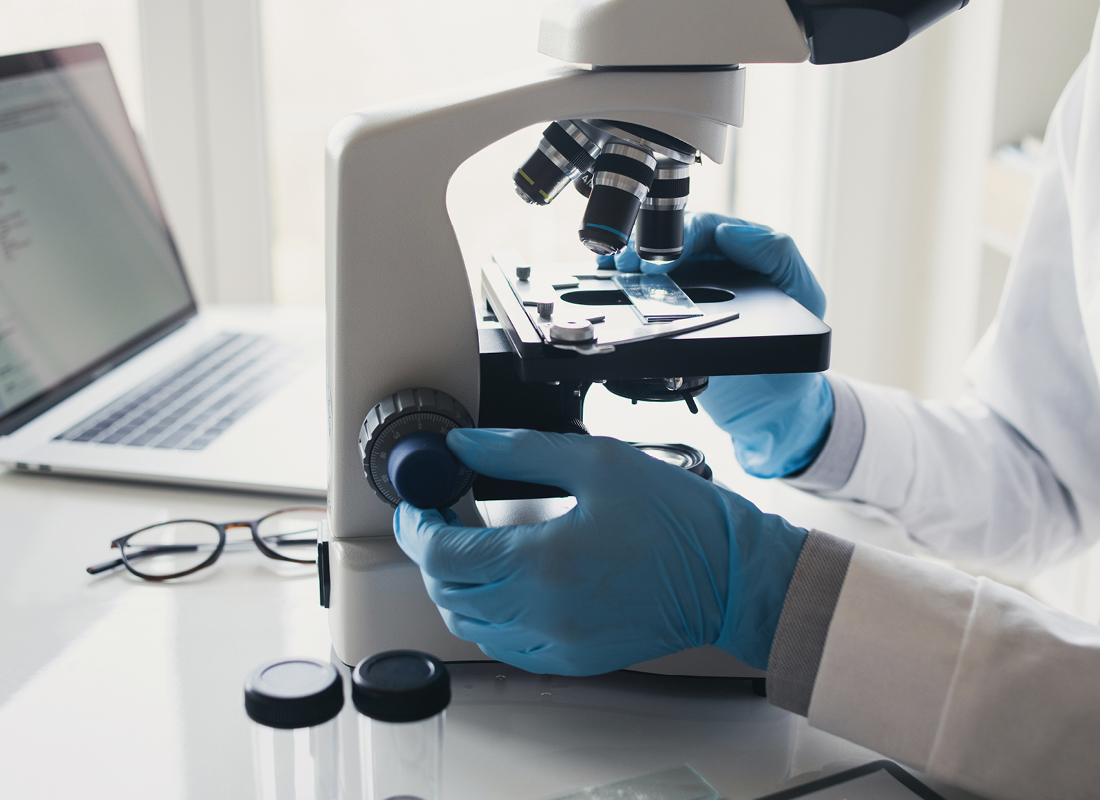Battle of the SARS-CoV-2 Antibody Immunoassays: Only One Test Meets Both UK Sensitivity and Specificity Targets
Several of the world’s biggest testing companies have created and secured emergency regulatory clearance for immunoassays that detect antibodies to the SARS-CoV-2 virus. But how reliable are these tests? And how do they stack up against each other? A July report from Public Health England (PHE) offers just a wee bit of insight into these questions. The Head-to-Head Study The two-month study was commissioned by the UK Department of Health and Social Care to compare four of the commercial immunoassays available in the UK for detection of SARS-CoV-2 antibodies: Abbott Laboratories’ SARS-CoV-2 Immunoassay; DiaSorin’s Liaison SARS-CoV-2 S1/S2 IgG assay; Roche’s Elecsys Anti-SARS-CoV-2 test; and Siemens’ SARS-CoV-2 Total (COV2T) test. The assays were performed in accordance with the manufacturers’ instructions and at the prespecified thresholds for determining positive vs. negative test results. The investigators calculated sensitivity and specificity for each test for comparison against Target Product Profile (TPP)-sensitivity criteria for “enzyme immunoassays” developed by the UK Medicines and Healthcare Products Regulatory Agency (MHRA). The sensitivity of a test refers to its capacity to identify known positives, i.e., infected individuals; specificity is the test’s capacity to identify known negatives, i.e., uninfected individuals. The investigators evaluated sensitivity using 536 positive samples from adults […]

Subscribe to Clinical Diagnostics Insider to view
Start a Free Trial for immediate access to this article